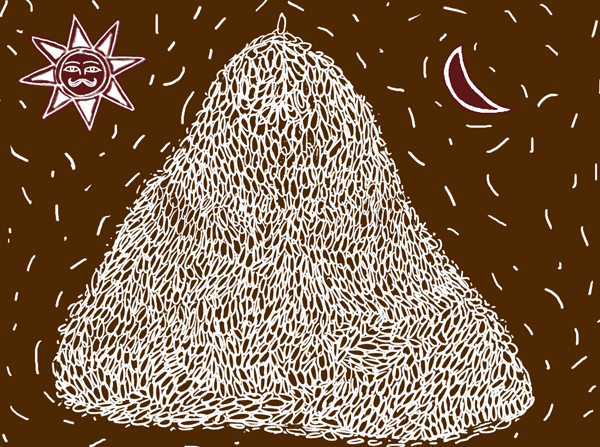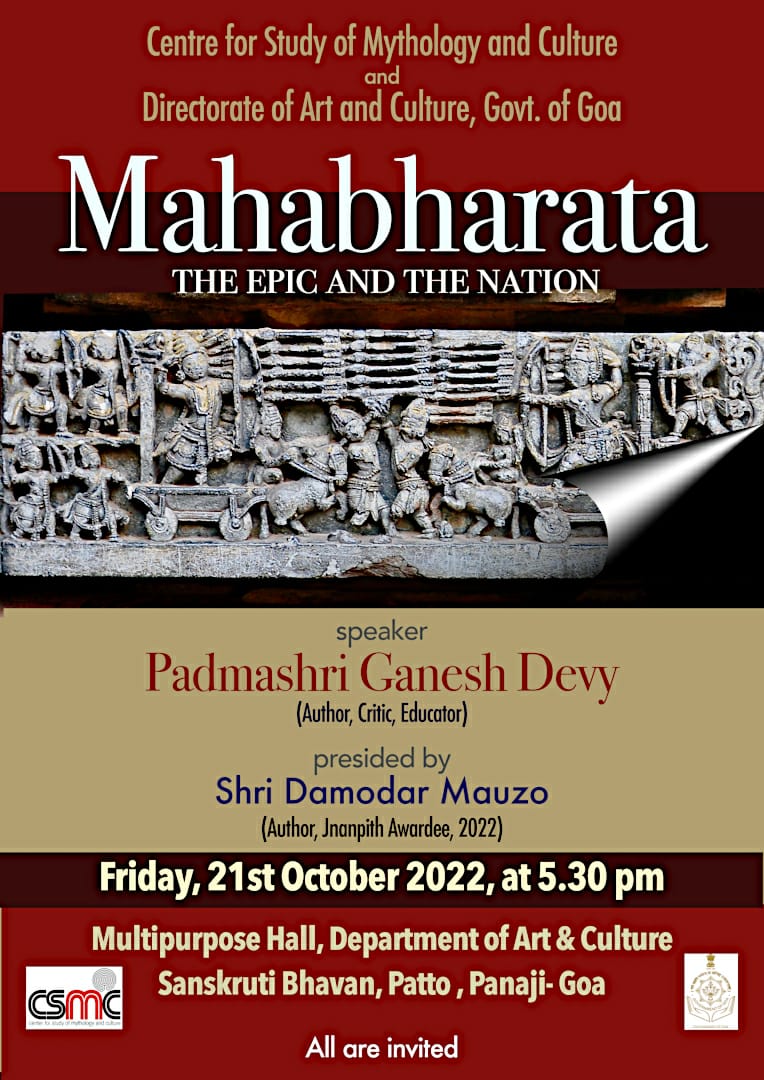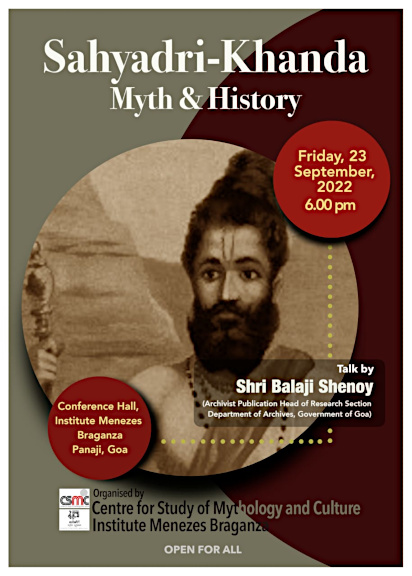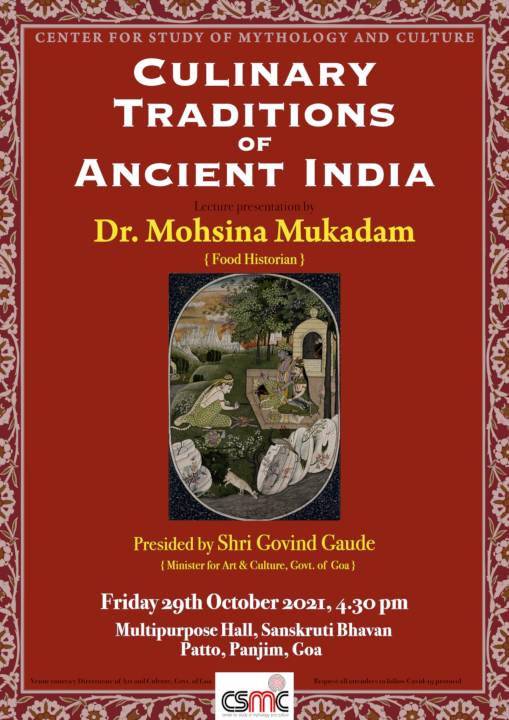
Did your math teacher ever resort to telling you stories?
Mine did! And I never thought of it as a story about mathematics. For me it was just another story about a brave little girl, and I forgot all about it until recently when I read how Warren Buffett, one of the richest men in the world was inspired by this very same humble Indian folktale and went on to create his astounding wealth on the simple principle of compounding in mathematics.
Long ago a King lived in the western region of India. He thought of himself as a wise King, and most of his subjects were poor farmers who cultivated rice as their main crop. One day the King thought “ These farmers grow so much rice. Where do they store their extra produce? Let me keep the extra rice in my granary for the safekeeping and if there is a famine, everyone shall have enough rice to eat, and no one will go hungry.”
So he sent out an diktat to his subjects stating that from now on all farmers will have to deposit their extra produce of rice in his granary, which would be given to them in times of a famine or any other calamity. Poor farmers trusted the King and deposited the extra grain in his granary. For a number of years, the monsoon was good and all the farmers had bumper crops. King’s granaries were soon filled to the brim with surplus grain.
But then came the year when it hardly rained, the paddy fields dried up and rice crop failed across the land. Farmers came to the court and requested the king to release the rice they had deposited in his granaries. The chief minister also implored “ Your highness! There is a famine in the country and people are going hungry and you had promised to release the rice grains during the famine. Now is the time to give back their rightful share of rice.” The King got angry and shouted back to the minister “ You Idiot! How can I release the grain to people when there is a famine? How can a King go hungry? Promise or no promise no grain can be be given to these farmers as I need it for myself”
Farmers went home disappointed. There was very little to eat and most of them went hungry. But nothing changed at the royal palace and a life of abundance went on as the King threw grand parties and feasts every night for his guests. One day while the royal guards were carrying sacks of rice from the granary to the royal kitchen, one of the sacks sprung a tiny hole and rice grain started trickling down on to the ground. A young village girl noticed it and she quickly jumped up and gathered the grains of rice that were falling on the ground. The guards noticed the girl collecting the fallen grains and shouted “ You thief! Are you stealing our King’s rice?” They immediately caught hold of her and produced her before the King.
Annoyed to be distracted from his palace activities the King asked the girl to explain herself. The little girl stepped forward and replied “ Oh King! I am not a thief. In fact when I saw the rice grains falling on the ground I thought I would help the guards to pick up the fallen rice and so collected them to hand it over to them”. King appreciated the girl’s intentions and decided to reward her. “ Young girl! I want to reward you for your honesty and your noble deed. Ask for anything, and it would be given to you.”
The little girl replied ”Oh no! I do not deserve any reward. After all the grains belonged to you. But if you wish to reward because of my good deed, you can give me one grain of rice”.
“Only one grain of rice?” King was puzzled by her demand “ Oh little one, One grain of rice will be of no use , ask for more” King admonished the girl.
Emboldened by the King’s generous mood the girl said” Oh King! If you insist, then tomorrow you may give me two grains. Then each day for next 30 days you will double the rice grains that you gave me the previous day.” King had a wicked smile on his face as he looked at his ministers and ordered them to give a rice grain as the girl had requested. King thought to himself, the girl is honest but not smart. She could have asked gold, good clothes, and even lots of food for her family, and she could have fed them for a week but all she asked was a single grain of rice. King laughed and forgot all about it and got busy with his royal life.
Meanwhile, grains were being delivered to girl’s house as per her demand on a daily basis. 1, 2, 4, 8,16….so on, and the ninth day she received 256 grains, a handful of rice enough to cook two meals. As days went on the number of grains delivered kept increasing and on the 24th day she received one million, three hundred sixty-six thousand and eight grains, and the court guards required 12 horses to carry the baskets of grain. By the 29th day three fourth of royal store houses were empty. On the 30th day 256 elephants were pressed in to service to deliver rice to the girl, and by then the Kings granaries were empty.
After the last installment of rice was received at her home, the little girl came to the court to thank the King for the reward he gave her. The worried King was still struggling to understand how the reward of a single grain of rice managed to empty his granaries in just 30 days? He had to acknowledge the bitter truth that he was outsmarted by a little girl.
The King asked her “What would you do with so much grain?” and he heaved a sigh of despair, as he had no rice left in the granary to feed the occupants of his palace. The little girl replied, “Oh King! These grains belong to the poor farmers who trusted you to keep them in your custody. But you broke your promise and kept everything for yourself, leaving them hungry. So I had to device a simple trick of compounding and get it back. Now all of us can stop being hungry and have our food. If you promise that from now on you will take only what you need and stop being greedy, I will leave a basket full of rice for you”.
The hapless King and no other choice than to accept her terms. A little girl had taught him a very valuable lesson.
————
Story collected by : Vidya Kamat
Story heard from : Ankush Gavas (Math teacher of the story collector)
Location : Pan India
Image Copyright: Vidya Kamat












Leave a Comment